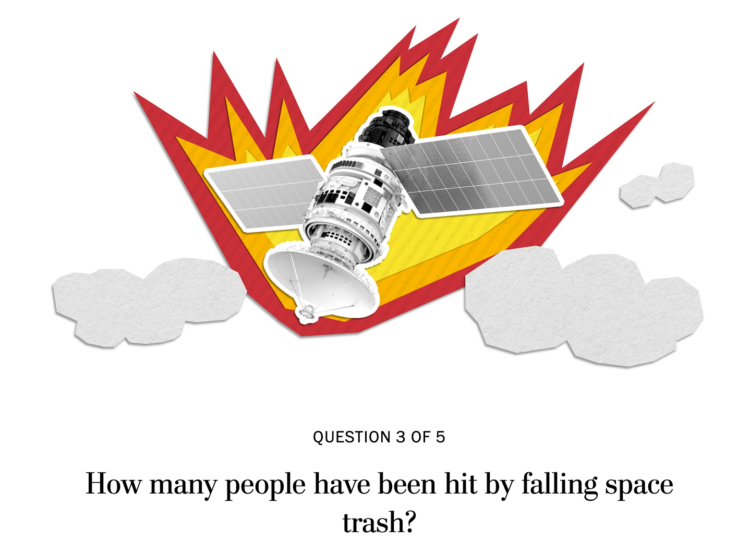There was a government-run lottery in the Philippines with a $4 million jackpot, and two improbable things happened. First, the numbers selected were all multiples of nine: 9, 45, 36, 27, 18, and 54. Second, 433 people won. The natural reaction from the public was that something sketchy happened, especially since the government has a history of sketchiness.
However, as statisticians and mathematicians do when rare and improbable events occur, they setup hypotheses and calculate probabilities. Terence Tao calculated the odds and noted that the lottery outcome was a highly improbable event under certain assumptions. But:
So this clearly demands some sort of explanation. But in actuality, many purchasers of lottery tickets do not select their numbers completely randomly; they often have some “lucky” numbers (e.g., based on birthdays or other personally significant dates) that they prefer to use, or choose numbers according to a simple pattern rather than go to the trouble of trying to make them truly random.
Nine happens to be a lucky number in some cultures. Also, as Tao notes, the multiples of nine form a diagonal line on the physical lottery ticket, which could lend to more people just going with simple geometry.
The chances of each winning number being a multiple of nine is improbable, but any other individual number selection is equally improbable.
So if you assume one improbable event, the winning lottery numbers, paired with a less improbable event, the players’ selection of their own numbers, it doesn’t seem that unbelievable, statistically speaking.
Tags: lottery, probability

